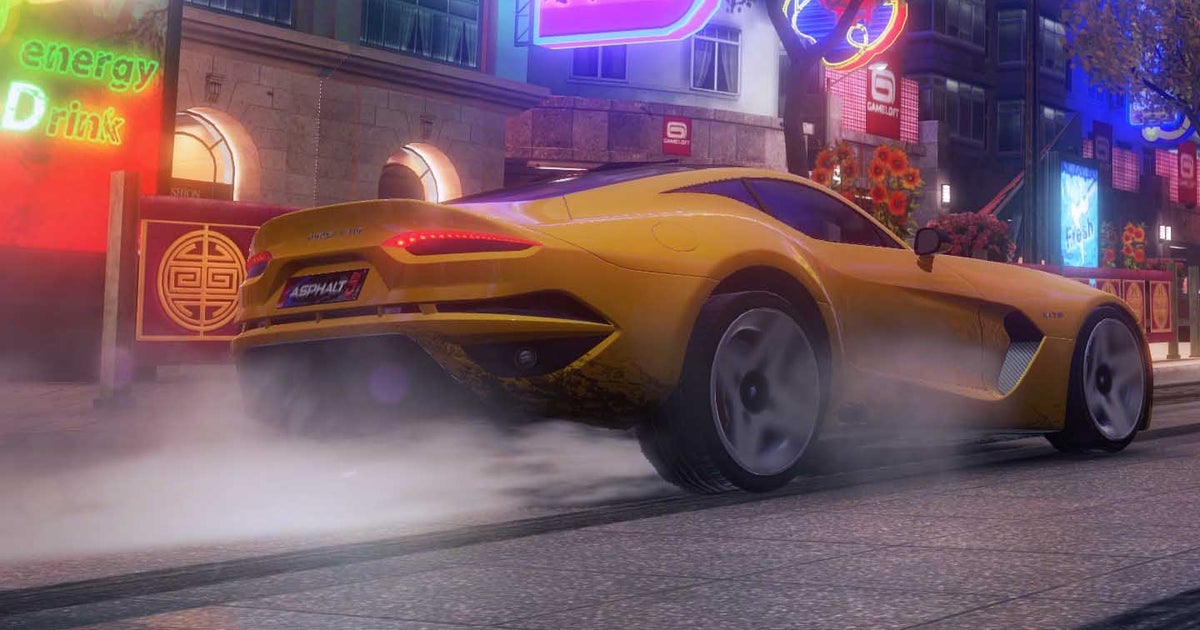Quick question: Has anyone here even the slightest clue how the feature sets and paradigms of current graphics APIs compare? It‘s all just meta-talk about who might potentially be inclined to develop for one or the other API.. Man, these religious guessing-debates are tedious... particularly, when hardly anyone here even uses any Apple-made products. What do you even care what they do?
The main takeaway here is: Apple is not looking to do you (the Linux crowd, that is) any favors and they think that their Metal-only approach can work for them and their users. We‘ll find out if they are right. Also, apparently Vulkan and Metal are similar enough so that large portions can be mapped to each other without too much trouble. So, superiority certainly can’t be based on significantly different feature sets. If any API was to be considered superior at all, it probably boils down to ease of use and such.
To me, it looks like they might be getting away with their in-house API and GPUs. If they end up offering some great features, those will be available to devs in a timely manner. And the devs who don’t care about Metal can simply use the apparently pretty functional MoltenVK
The main takeaway here is: Apple is not looking to do you (the Linux crowd, that is) any favors and they think that their Metal-only approach can work for them and their users. We‘ll find out if they are right. Also, apparently Vulkan and Metal are similar enough so that large portions can be mapped to each other without too much trouble. So, superiority certainly can’t be based on significantly different feature sets. If any API was to be considered superior at all, it probably boils down to ease of use and such.
To me, it looks like they might be getting away with their in-house API and GPUs. If they end up offering some great features, those will be available to devs in a timely manner. And the devs who don’t care about Metal can simply use the apparently pretty functional MoltenVK



Comment